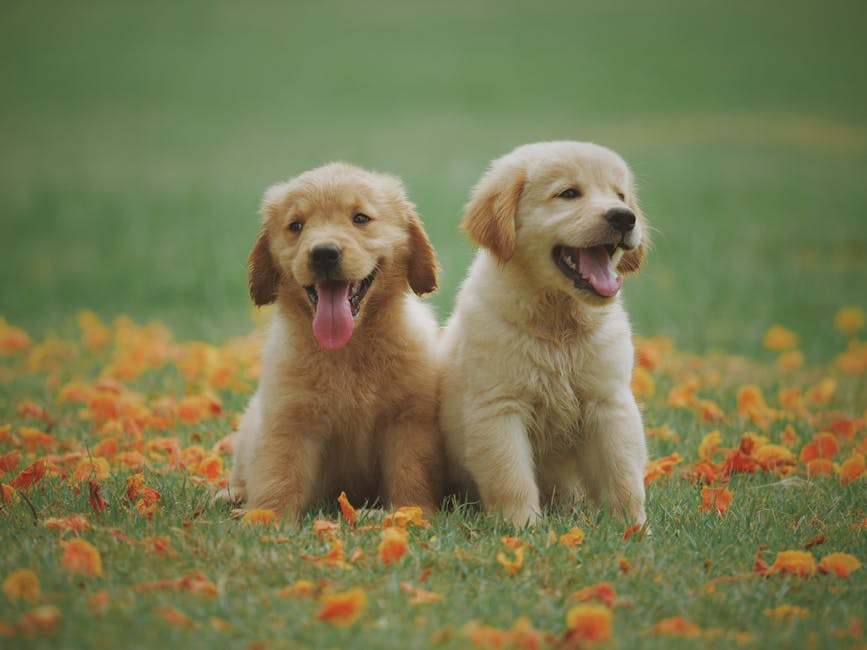Welcome to a world where vinegar reigns supreme in the battle against unwanted dog pee! If you’ve ever wondered why your furry friend turns up their nose at certain scents, particularly those of the acidic variety, you’re in for a treat. Dogs’ keen sense of smell makes them sensitive to odors like vinegar, making it a powerful tool for pet owners seeking to curb undesirable bathroom behaviors. Join us on a scent-sational journey as we explore why dogs detest peeing on vinegar, uncover the intriguing dynamics of canine scent preferences, and discover how you can use this knowledge to your advantage in training your beloved pooch. Let’s dive nose-first into the intriguing world of canine sensitivity to acidity!

Introduction: Canine Sensitivity to Acidity
Dogs possess an incredible sense of smell that far surpasses that of humans. This heightened olfactory ability means they can detect scents with great precision. Interestingly, dogs have a natural aversion to acidic smells, making substances like vinegar particularly repugnant to them. This sensitivity to acidity can be advantageous when using certain scents to modify their behavior, such as deterring them from peeing in specific areas. Understanding how dogs react to different smells, especially acidic ones like vinegar, can help pet owners navigate training and behavior modification effectively.
Vinegar vs. Citrus: Dog Smell Preferences
When it comes to dog smell preferences, vinegar and citrus stand out as potent scents that can influence canine behavior. While both are acidic and repel dogs, vinegar seems to have a stronger effect on our furry friends compared to citrus fruits like lemons and oranges. The acrid smell of vinegar can deter dogs from peeing in certain areas, making it a popular choice for pet owners looking to discourage unwanted bathroom habits. Understanding these nuances in dog smell preferences can help pet owners effectively train and manage their canine companions with the right scents.
Understanding Dogs’ Reactions to Vinegar
Dogs’ reactions to vinegar can vary based on their individual sensitivities and past experiences. While some dogs may be highly averse to the smell of vinegar and instinctively avoid areas treated with it, others may not be as bothered by it. It’s essential for pet owners to observe their dogs’ reactions to vinegar to determine its effectiveness in modifying their behavior. Additionally, the concentration of vinegar used can also impact how dogs respond to it. By understanding how dogs react to vinegar, pet owners can tailor their training methods to suit their furry companions’ preferences and sensitivities.
Tips for Using Vinegar to Deter Dog Pee
When using vinegar to deter dog pee, it’s essential to dilute it with water to reduce its intensity. A common ratio is one part vinegar to one part water, creating a solution that is potent enough to repel dogs but not overwhelming. Before applying the vinegar solution, test it on a small, inconspicuous area to ensure it doesn’t damage surfaces. Consistency is key when using vinegar as a deterrent, so reapply the solution regularly, especially in areas where your dog is prone to pee. By following these tips and being mindful of your dog’s reactions, you can effectively use vinegar to discourage unwanted urination indoors.
As we wrap up our aromatic adventure into the world of canine sensitivity to acidity, we hope you’ve gained valuable insights into why dogs have a distaste for vinegar and how you can leverage this knowledge to enhance your training efforts. By understanding your dog’s reactions to scents like vinegar, you can create a harmonious environment that promotes positive behaviors and strengthens the bond between you and your four-legged companion. So, the next time you reach for that bottle of vinegar to deter your pup from peeing where they shouldn’t, remember the power of scent in shaping your dog’s behavior. Here’s to happier pups, cleaner homes, and a deeper appreciation for the fascinating world of canine olfaction. Happy training!











Leave a Reply
View Comments